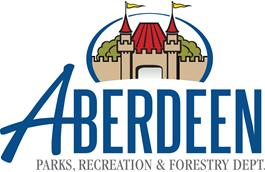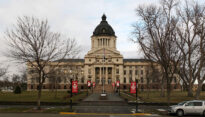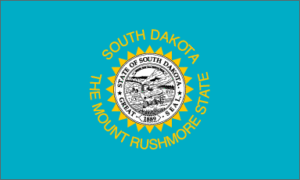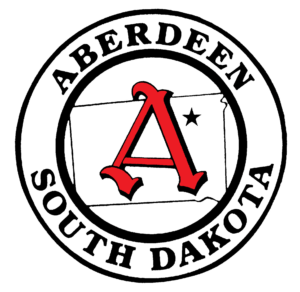(Todd Epp – South Dakota Broadcasters Association) There are points of contention, but also opportunities for the State of South Dakota and the nine tribal nations inside its border to work more closely together.
That was one of the takeaways from Crow Creek Sioux Tribal Chairman Peter Lengkeek (lin-key), who gave the annual State of the Tribes address this afternoon (Thursday) before a joint session of the South Dakota Legislature.
One of the areas of contention is new social studies standards for K-12 education in the state being pushed by Gov. Kristi Noem and her administration.
“Will they listen to our concerns,” Lengkeek said that many Native Americans asked him when they found out he was going to address legislators in Pierre.
In his speech, he took aim at the process of rewriting the standards.
“We don’t need out-of-state intellectuals to write the standards,” Lengkeek said. “South Dakota experts can do it.”
He said that many South Dakotans do not understand the history and culture of the state’s tribal nations. Understanding the history of the state’s tribes, Lengkeek says, is also to understand the history of South Dakota.
“We want people to learn, love, and appreciate their home state before graduation,” Lengkeek said.
Another issue, according to Lengkeek, was the state and federal governments’ slow response to the December blizzards and cold snap.
Lengkeek said several of the tribes issued disaster declarations to try to get attention. He said most of the tribes’ snow removal equipment was old. Nine people died on the Rosebud Indian Reservation because of the severe cold and snow, Lengkeek said.
“Emergency services were slow to react,” Lengkeek said.
A former Marine, Lengkeek said both indigenous and non-indigenous South Dakotans must work to change the dynamic between them.
“Our contributions to society are not acknowledged by the state,” Lengkeek said. He added that most Native Americans in the state do not live on one of the nine reservations.
However, he said there are areas where tribes and the state can work together for mutual benefit. These areas include tourism, economic development, protecting the Missouri River, and education.
He said he was grateful for the new state office that helps look for missing Native American people. Community-based schools could be another area where tribes and the state can work together.
“Meaningful consultation leads to reconciliation and cooperation,” Lengkeek said.
Lengkeek also challenged legislators to fund a World War I and II memorial to South Dakota’s indigenous code talkers that is to be placed on the shores of Capitol Lake in Pierre.
Lengkeek was joined in the House chamber by other tribal chairs and presidents, Native American elders, and other tribal officials.










